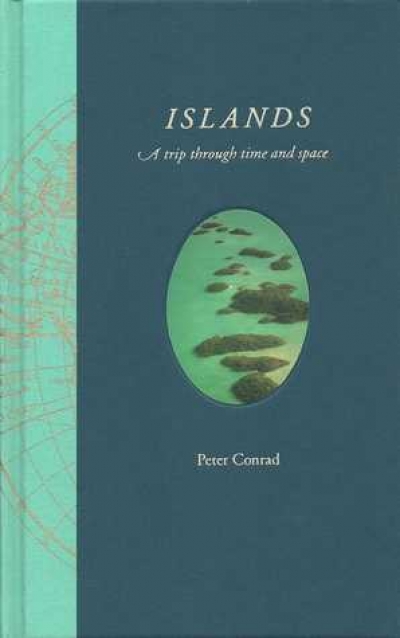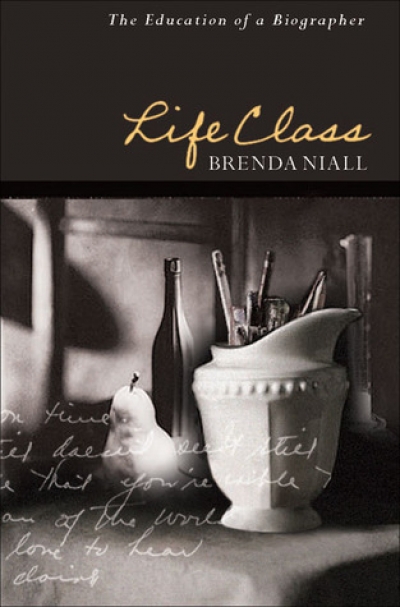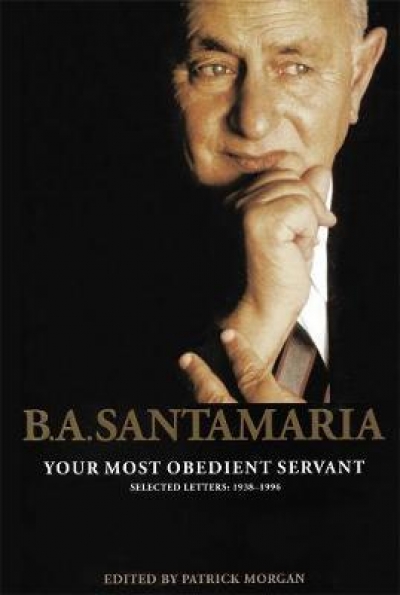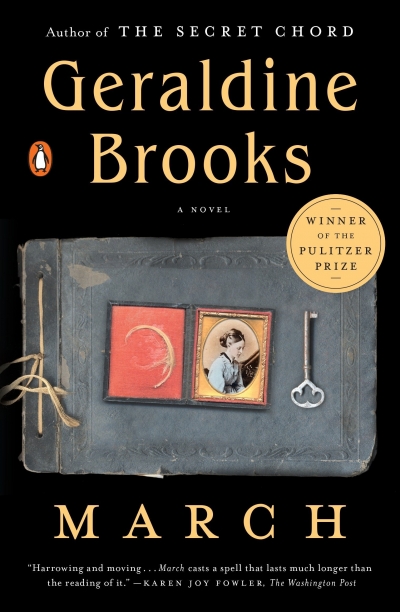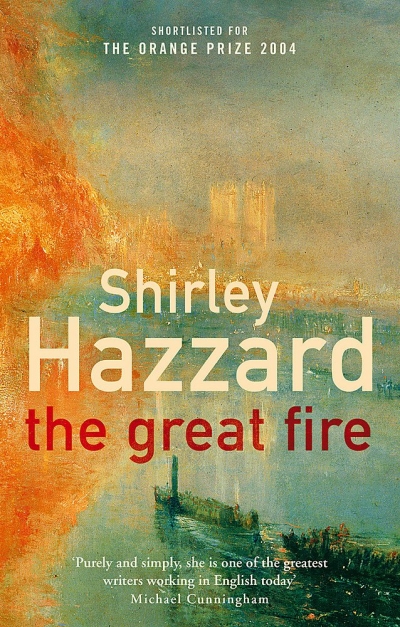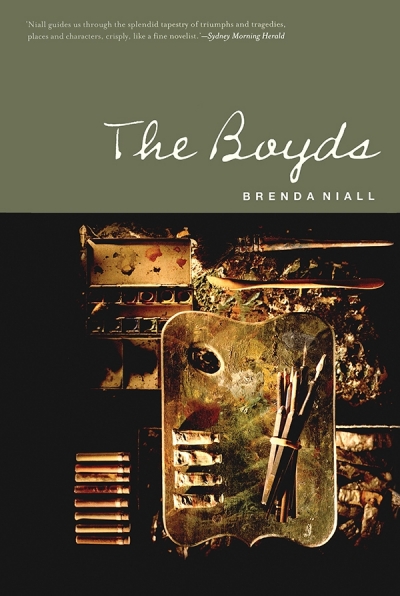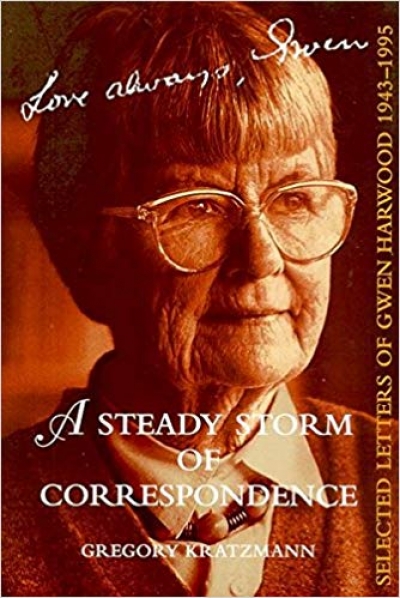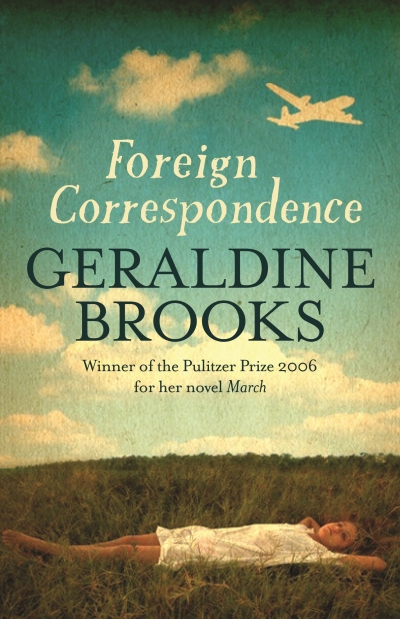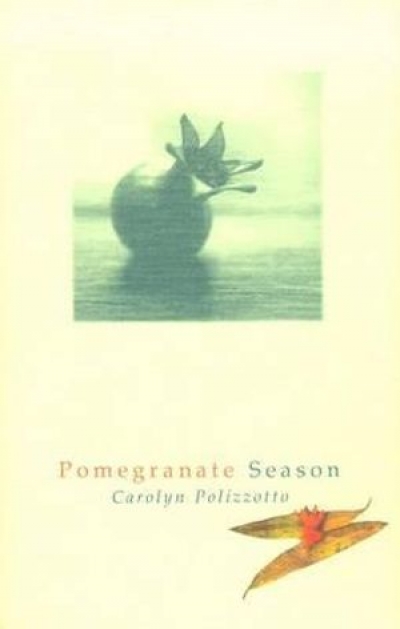Brenda Niall
B.A. Santamaria: Your most obedient servant: Selected Letters 1938–1996 edited by Patrick Morgan
by Brenda Niall •
A Steady Storm of Correspondence: Selected Letters of Gwen Harwood 1943–1995 edited by Gregory Kratzmann
by Brenda Niall •
Pomegranate Season by Carolyn Polizzotto & Till Apples Grow on an Orange Tree by Cassandra Pybus
by Brenda Niall •

